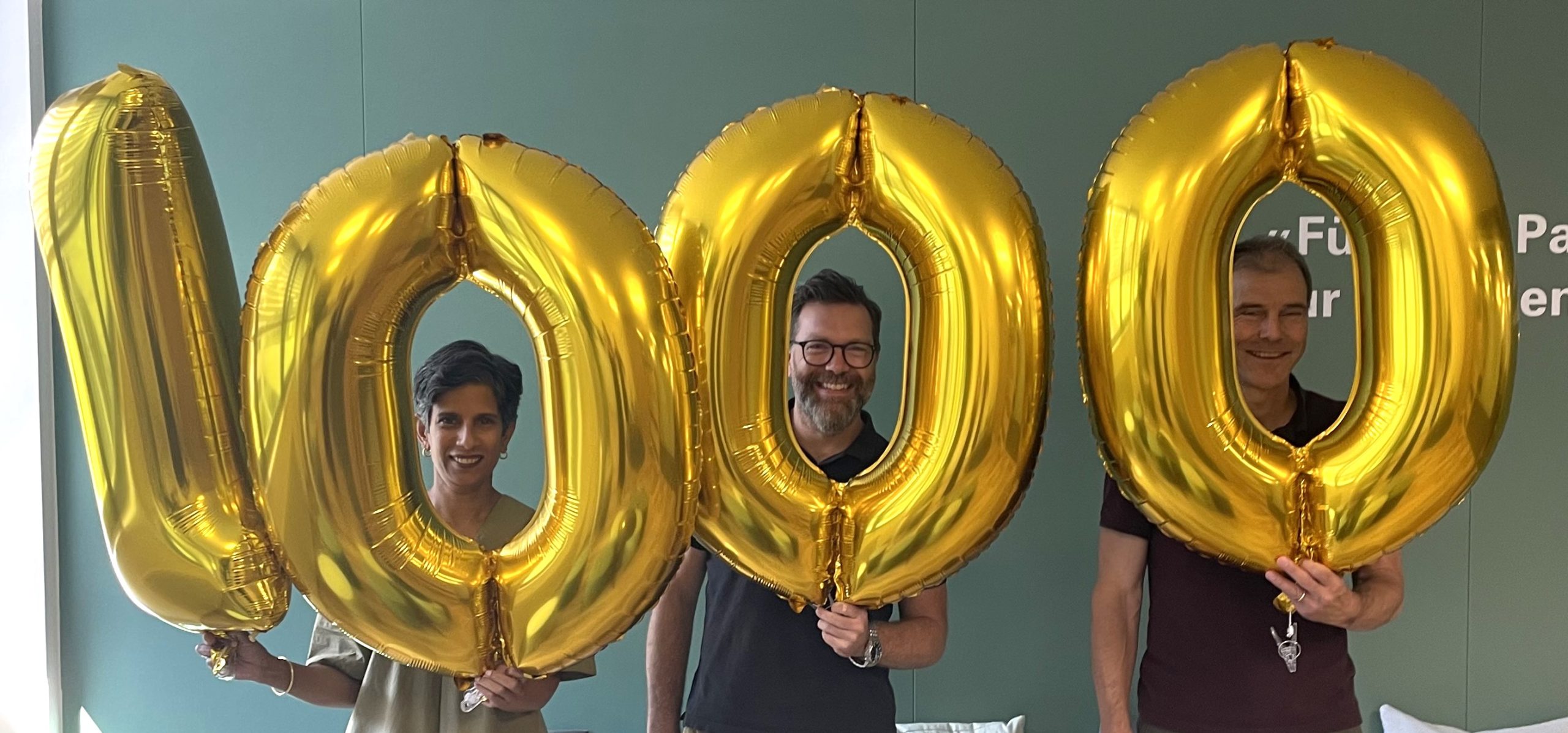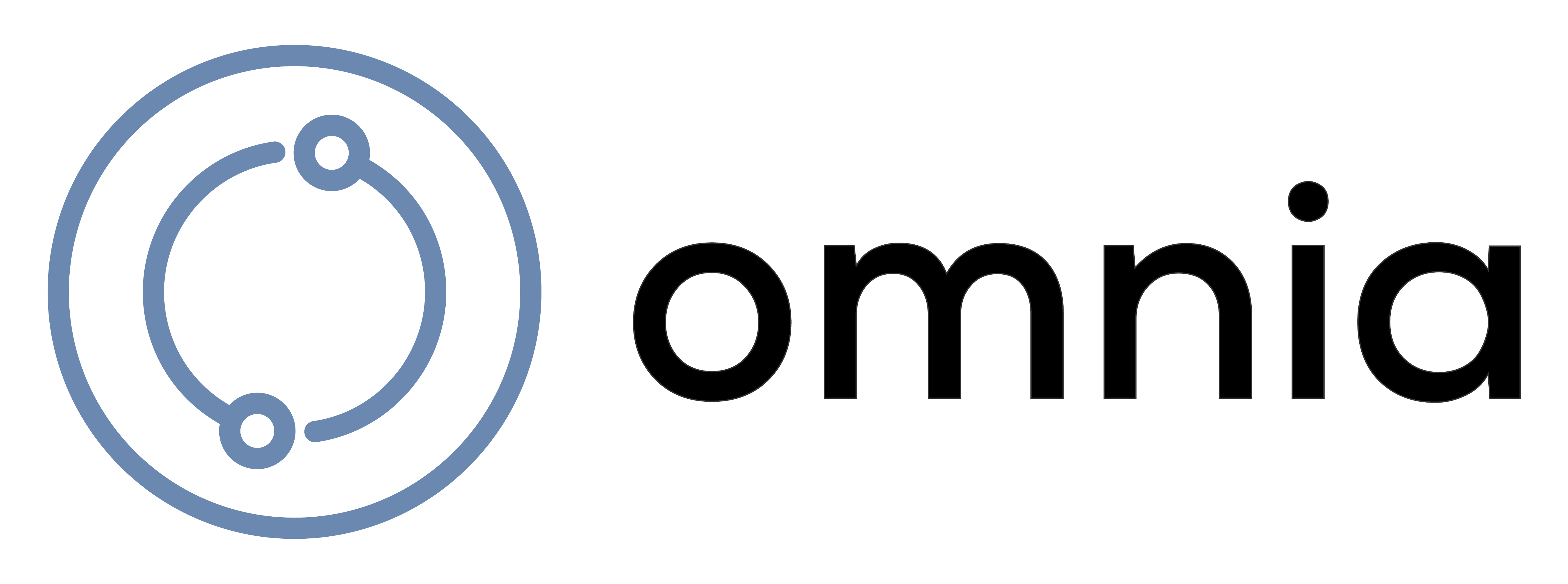Demand for collection procedures remains high
Demand for transplant material from unrelated donors from Switzerland was once again high in 2023, although it did not reach the all-time high set in 2022. A new record was reached in the area of confirmatory typing, though, and we were able to celebrate the performance of the 1000th procedure to collect blood stem cells in Switzerland.
Demand for Swiss donors for patients both in Switzerland and abroad continues to remain high (2023: 81 collections and 1 unit of cord blood).
When someone listed in the Swiss registry comes up as a possible donor, Swiss Transfusion SRC ascertains whether that person is willing and able to donate and arranges for confirmatory typing to verify their HLA markers. In 2023, confirmatory typing was performed for 360 individuals (2022: 325), i.e. an increase of almost 10 per cent over the previous year.
In 2023, 81 procedures were performed on Swiss donors to collect blood stem cells for unrelated recipients; that is 8 fewer than in 2022 (89). Three of these were secondary collections, meaning that three persons returned to donate a second time. Seven of the procedures were performed in order to collect material for patients in Switzerland (2022: 6). Only one unit of cord blood from Switzerland (4) was used in a transplant procedure (2022: 4).

